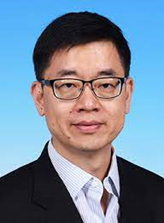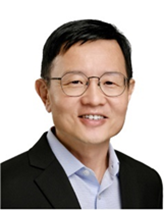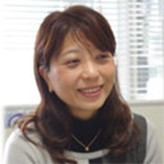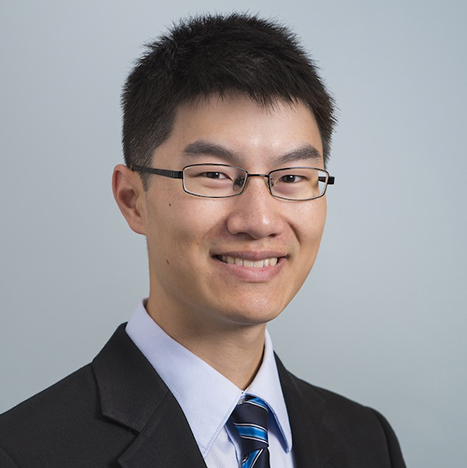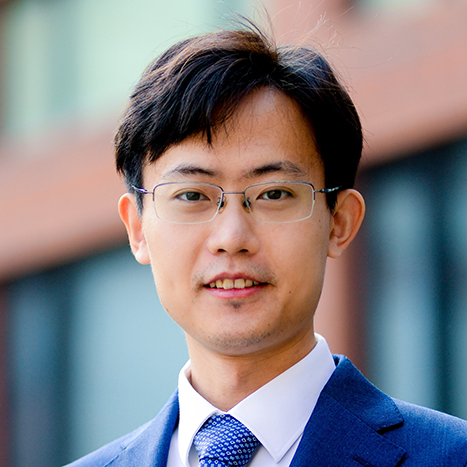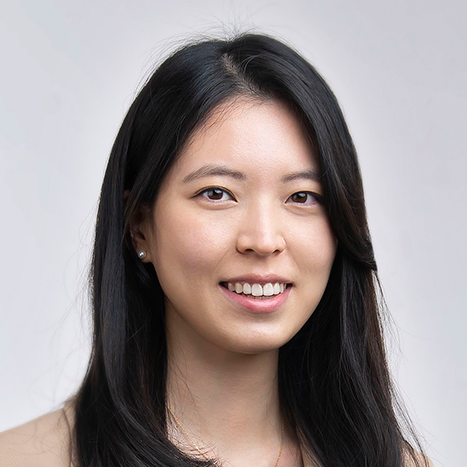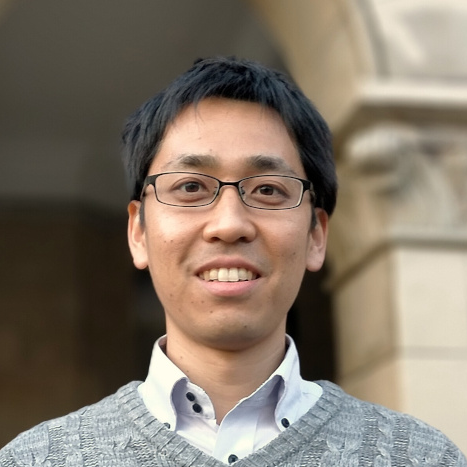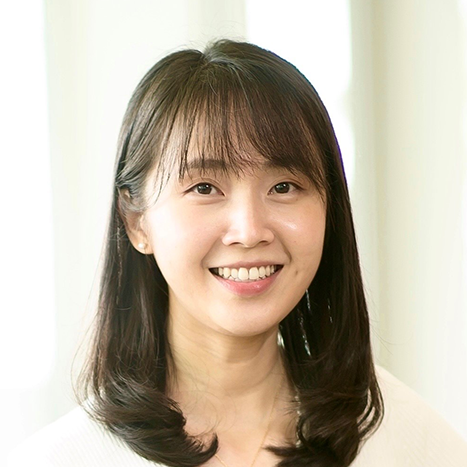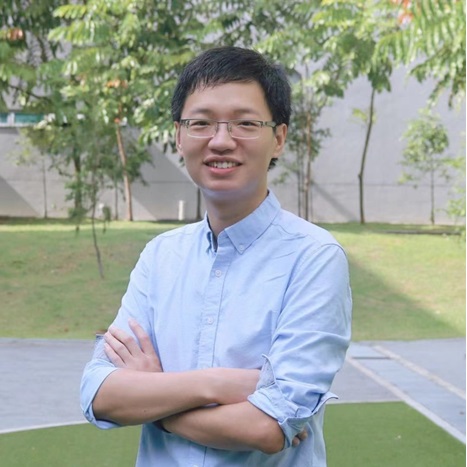APBEC Young Scholars
The Asia Pacific Biomedical Engineering Consortium (APBEC) proudly presents the APBEC Young Scholar Award, a prestigious honour established to recognize outstanding early-career researchers in the field of biomedical engineering. Launched in early 2024, APBEC is a collaborative initiative among leading universities across the Asia-Pacific region, dedicated to fostering interaction, collaboration, and advancement in biomedical engineering. Recipients of the APBEC Young Scholar Award will gain global recognition and support, joining a prestigious network of talented researchers. They will be invited to the award presentation ceremony and have the opportunity to present their work at the APBEC Symposium, with the registration fee waived. This award opens doors to valuable networking opportunities, cross-cultural collaborations, and access to critical resources, fostering professional growth and innovation.
Award Purpose
The APBEC Young Scholars Award aims to honour and support exceptional researchers who have made significant contributions to biomedical engineering. The award targets promising individuals who demonstrate the potential for further growth and impact in the field.
Eligibility Criteria
- Candidates must come from Universities/Research Institutions within the Asia Pacific Region.
- Candidates must be below 43 years old.
- Candidates should hold a full-time academic position at their respective institutions.
- Candidates must have obtained their PhD no more than 15 years ago and have been an independent PI for at least 3 years.
- The award is dedicated to individuals working within various specializations of biomedical engineering.
Nomination
Nomination period: Open nominations are invited annually.
Nominator: Any department or faculty member. Self-nomination is not accepted.
Required Information:
- Nomination Letter: A nomination letter summarizing the nominee's research contributions and community service. The letter should be no more than two pages.
- Nominee’s CV: Include either the nominee’s CV or a link to their comprehensive professional website.
Submission: All nomination materials should be submitted via the APBEC website.
Online Submission Nominate Now!
Selection Process
Local Selection Committee: Comprised of a local chair and two or more eminent scholars of the region, reviewing nominations from their respective region and recommending up to three scholars from each region to the APBEC Final Selection Committee.
Hong Kong
| Prof. Henry LAM (Chair) |
Department of Chemical and Biological Engineering | The Hong Kong University of Science and Technology |
| Prof. Xinge YU | Department of Biomedical Engineering | City University of Hong Kong |
| Prof. Jonathan CHOI | Department of Biomedical Engineering | The Chinese University of Hong Kong |
| Prof. Kevin TSAI | School of Biomedical Engineering | The University of Hong Kong |
Singapore
| Prof James GOH (Chair) |
Department of Biomedical Engineering | National University of Singapore |
| Prof Hou HANWEI | Lee Kong Chian School of Medicine | Nanyang Technological University |
| Prof Leo Hwa LIANG | Department of Biomedical Engineering | National University of Singapore |
Beijing
| Prof. Guangzhi WANG (Chair) |
School of Biomedical Engineering | Tsinghua University |
| Prof. Hongen LIAO | School of Biomedical Engineering | Shanghai Jiao Tong University |
| Prof. Jing TU | School of Biomedical Science & Medical Engineering | Southeast University |
Japan
| Prof. Yukiko MATSUNAGA (Chair) |
Institute of Industrial Science | The University of Tokyo |
| Prof. Masateru TANIGUCHI | Department of Bio-Nanotechnology | The University of Osaka |
| Prof. Kensuke OSADA | Department of Bioengineering | The University of Tokyo |
Korea
| Prof. Hee Chan KIM (Chair) |
College of Medicine | Seoul National University |
| Prof. Yoonkey NAM | Department of Bio and Brain Engineering | Korea Advanced Institute of Science & Technology |
| Prof. Jung Chan LEE | College of Medicine | Seoul National University |
Taiwan
| Prof. Grace CHAO (Chair) |
Department of Biomedical Engineering | National Taiwan University |
| Prof. Jiashing YU | Department of Chemical Engineering | National Taiwan University |
| Prof. I-Chi LEE | Department of Biomedical Engineering and Environmental Sciences | National Tsing Hua University |
| Prof. Ming-Long YEH | Department of Biomedical Engineering | National Cheng Kung University |
APBEC Final Selection Committee: Comprised of the APBEC President and Vice-Presidents, shall review the nominations outside the regions of the partnership universities as well as the recommendations provided by the Local Selection Committees. The committee will then select the final APBEC Young Scholar awardees.
President
Department of Chemical and Biological Engineering
The Hong Kong University of Science and Technology
1st Vice-President
Department of Biomedical Engineering
National University of Singapore
2nd Vice-President
Department of Bioengineering
University of Tokyo
APBEC Young Scholars Award 2026 Key Dates
Nomination Deadline: 15 May, 2026
Announcement of Results: August 20-21, 2026 during the APBEC 2026 Symposium, Korea
Award Presentation: December 2026 during the iCBME2026, Singapore
By awarding these outstanding individuals, APBEC aims to inspire excellence, innovation, and leadership in biomedical engineering, driving advancements that positively impact public health and well-being. Join us in honouring the next generation of leaders in this vital field.


